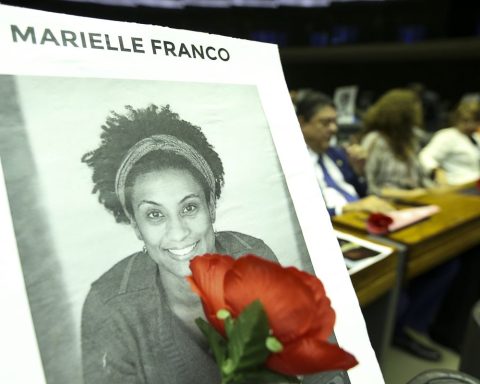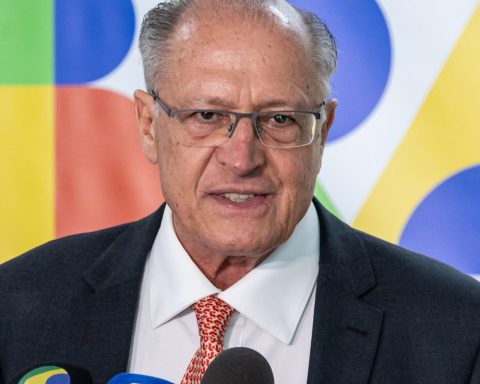Of the 39.9 million people living with HIV worldwide, almost a quarter (9.3 million) are not receiving adequate treatment. As a result, one person dies every minute from AIDS-related causes.
The data are in a report released this Monday (22) by the Joint United Nations Programme on HIV/AIDS (UNAIDS), before the official opening of the 25th International AIDS Conference, in Munich, Germany.
According to the report, world leaders have pledged to reduce annual new infections to less than 370,000 by 2025, but in 2023 there were 1.3 million new infections, more than three times the target. “And now, with funding cuts and a rise in opposition to human rights, progress already made is at risk,” the study says.
According to UNAIDS Executive Director Winnie Byanyima, it is possible to achieve the goal of ending the AIDS pandemic as a public health threat by 2030, but it is necessary to ensure that the HIV response has the necessary resources and that the human rights of all people are protected. “Decisive action by leaders can save millions of lives, prevent millions of new HIV infections and ensure that all people living with HIV can live healthy and full lives,” she emphasizes.
Reduction
Expanding access to HIV treatment has halved AIDS-related deaths, from 1.3 million in 2010 to 630,000 in 2023. “However, the world is off track to meet the 2025 target of reducing AIDS-related deaths to less than 250,000,” UNAIDS reports.
The UNAIDS report shows that the number of new HIV infections has fallen by 39% globally since 2010 and by 59% in eastern and southern Africa. However, the number of new infections is rising in the Middle East and North Africa, Eastern Europe and Central Asia, and Latin America.
The UNAIDS report also shows that the percentage of people with access to antiretroviral treatment increased from 47% in 2010 to 75% in 2023.
Conference
The 25th International AIDS Conference will take place from July 22 to 26 and is expected to receive 15,000 participants. Organized by the International AIDS Society (IAS), the event will bring together people living with, affected by or working with HIV and AIDS to share knowledge and information about the response to the epidemic over the past 40 years.
Representatives from the Department of HIV, AIDS, Tuberculosis, Viral Hepatitis and Sexually Transmitted Infections of the Ministry of Health will be at the event to present results of Brazilian experiences in the response to HIV.

















